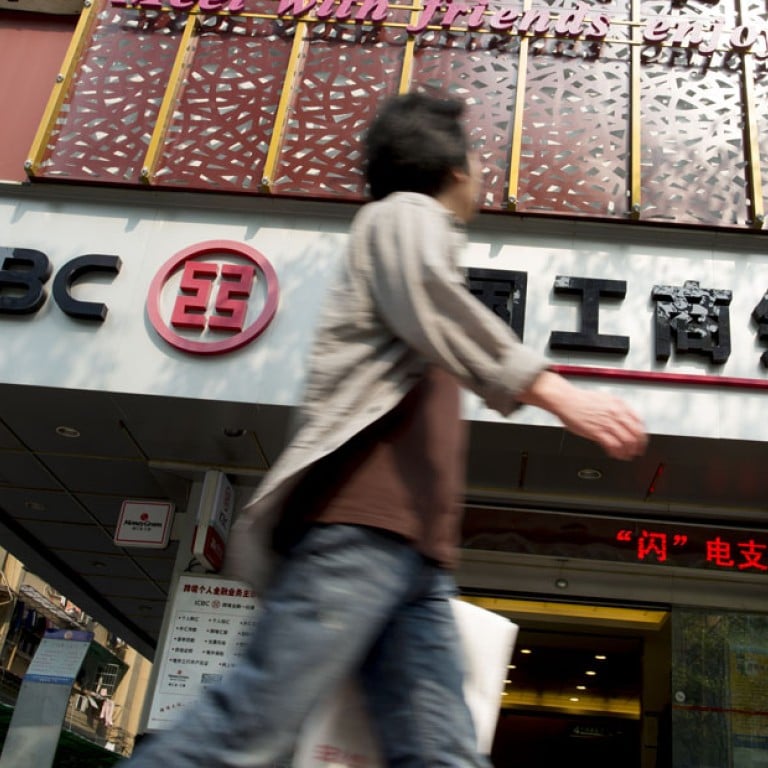
China lenders unlikely to sell cheap mortgages
Looser policy and deeper price cuts could be the way to go to prop up the housing market as mainland banks seek to protect their margins
Mainland banks, under rising pressure to protect their net interest margin, will be less than keen about heeding the central bank's call last week for speedy and cheaper mortgage loans, indicating more policy relaxation or deeper cuts in home prices are needed to curb the downward spiral in the property market.
"Nowadays, banks' No 1 goal is profit. Mortgage is simply no longer as attractive, given the rising risks in the property market, banks' high funding costs and the relatively low mortgage rates," said Bank of America Merrill Lynch strategists in Hong Kong, led by David Cui.
So far, two of the four state lenders have issued statements after the People's Bank of China's meeting with the 15 largest banks last week, which analysts said was a timely first step of intervention in the early stage of the cooling housing market.
Banks' No 1 goal is profit. Mortgage is simply no longer as attractive
Industrial and Commercial Bank of China, the world's largest lender, was the first to react and in a more positive tone, saying that extending mortgage loans was an important measure to drive the country's economic growth and push ahead urbanisation. Bank of China, the country's fourth-largest lender, noted the rising cost of funds and profit pressures.
The central bank might need to impose hard policies instead of soft guidelines to spur banks into real action, said Barclays chief China economist Chang Jian.
"Banks reduced mortgage lending based on net interest margin pressures as their cost of funding rose rapidly in the second half of 2013 amid competition from high-yield money market funds," Chang said. "We continue to look for more supportive measures as the property correction continues."
Beijing has repeatedly pledged to open up its banking industry to private investors and quickened interest rate liberalisation since last year. As a result, online payment and wealth management products launched by internet companies have since threatened the survival of traditional banks.
By offering much higher return than bank deposits, funds under management by Alibaba Group's Yu E Bao nearly tripled to 541 billion yuan (HK$672.6 billion) over the three months to March. That forced banks to play catch-up to lure back depositors. Such competition offers mainland families an alternative to park their money away from the risky housing market.
The cost of fundraising from the mainland's interbank market surged more than 6 per cent last summer during an acute credit crunch and grew again in autumn to more than 4 per cent. It rose to 2.72 per cent last month from March's 2.49 per cent, data from the central bank showed. The benchmark mortgage rate has been 6.55 per cent since the last rate cut in July 2012.
Last week's window guidance was likely to drive down mortgage rates to the benchmark level from a premium of 5 to 20 per cent on first-home buyers, analysts said, but last year's discounts of up to 15 per cent would not be seen again soon. Banks will also continue to charge a premium of 10 to 30 per cent on second-home buyers.
A positive takeaway was that the mortgage policy would not be any harsher, lending support to the weakening market, said property consultancy Centaline China. It urged developers to ride on the loosening policy and cut prices to speed up sales.

